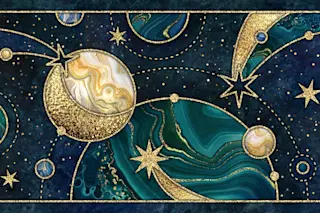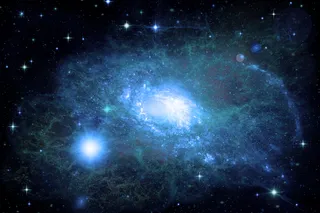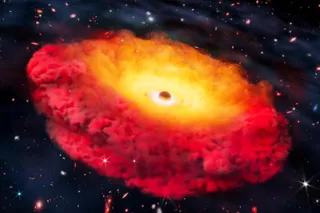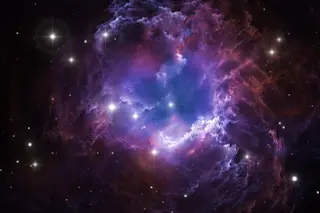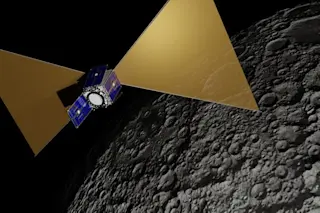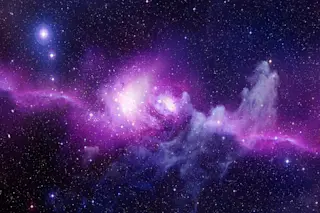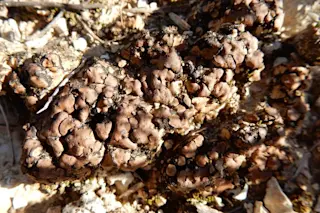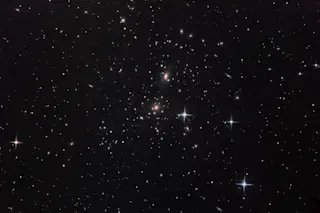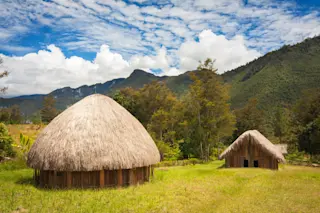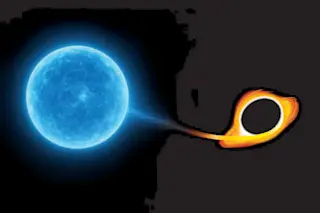One of the great mysteries of science is how life fits into our broader understanding of the universe. In particular, many theorists have wondered how the great complexity of life can be reconciled with the laws of thermodynamics that suggest that all systems must inevitably decay to a state of greatest disorder.
For cosmologists, that implies the universe will gradually cool to become a cold, stagnant bath of dead matter. This unpleasant fate is known as heat death.
But for the last 4 billion years, life on Earth has moved in the opposite entropic direction by becoming increasingly complex. Our planet began as a large, hot rock smeared with elements that formed relatively simple molecules. Today, it is a thriving ball of molecular machinery, some of which has almost unimaginable complexity.
How has this happened? For many scientists throughout recent history, the suspicion is that something, somewhere doesn’t add up.
...


